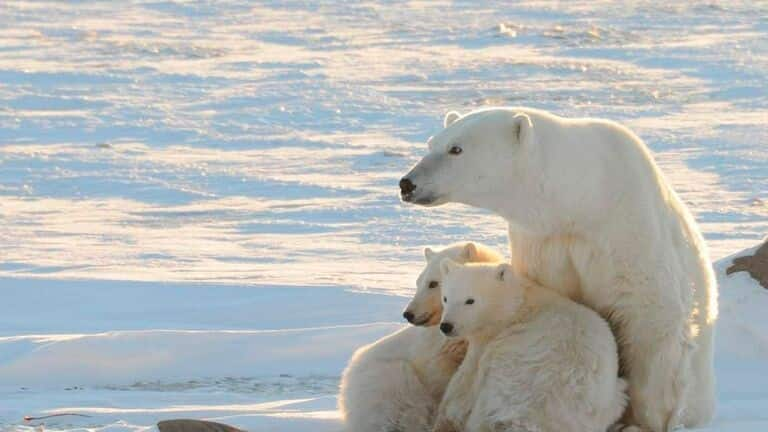
WWF accused of supporting polar bear fur trade
What's the story
The World Wildlife Fund (WWF), a popular wildlife charity, is being accused of backing the polar bear fur trade while it uses polar bear images for its fundraising campaigns. The allegations emerged after a two-year investigation reported by the Guardian revealed that the WWF facilitated international trade in polar bear furs under a policy called "sustainable utilization."
Policy debate
WWF's 'sustainable utilization' policy under scrutiny
The "sustainable utilization" policy permits limited exploitation of animals for economic reasons, with the intention of enhancing species status as a whole. The WWF has clarified that it is "not opposed to hunting programs that present no threat to the survival of threatened species," if they are part of a scientifically based conservation strategy. However, this position has drawn criticism and disbelief from many.
Lobbying actions
WWF's lobbying efforts at CITES meetings
At the Convention of the International Trade in Endangered Species (CITES) meetings, the WWF consistently lobbied to continue the Canadian polar bear fur trade. It admitted to potential significant population declines but argued that trade "is not a significant threat to the species." In 2010 and 2013, it opposed full protection proposals for polar bears at these meetings, arguing they hadn't met the criteria for such measures.
Protection debate
WWF's stance on polar bear protection and trade
The WWF's position hasn't changed; at a 2022 CITES meeting, Colman O'Criodain from the WWF said he "[did not] think so in terms of the numeric criteria" about recommending better protection. In 2013, it said it would revisit CITES listing if climate change or trade posed greater threats but felt that point hadn't been reached yet. The organization also argues that banning international trade would hurt Indigenous livelihoods.
Indigenous views
Indigenous perspectives and WWF's influence on wildlife protection
However, Robert Thompson, an Inupiat resident from Alaska, disagrees with the WWF's claim. "We didn't sell these animals for 10,000 years and that's why they are still here," Thompson said. Thompson advocates sustainable income through wildlife viewing rather than hunting. Jean-Paul Jeanrenaud, a former WWF director, was surprised the charity had influence on such issues. "The public will be even more than surprised, perhaps shocked."
Broader lobbying
WWF's lobbying efforts extend beyond polar bears
Notably, the WWF has also lobbied against full protection for other animals, such as elephants and rhinos, at CITES meetings. A coalition of around 80 NGOs had opposed the WWF's recommendations at recent meetings. A spokesperson for the organization noted Appendix I listing wouldn't prevent trophy hunting and highlighted Inuit opposition to such proposals. After a 2013 debate, CITES concluded Canada's trade was sustainable after a 2015 review.